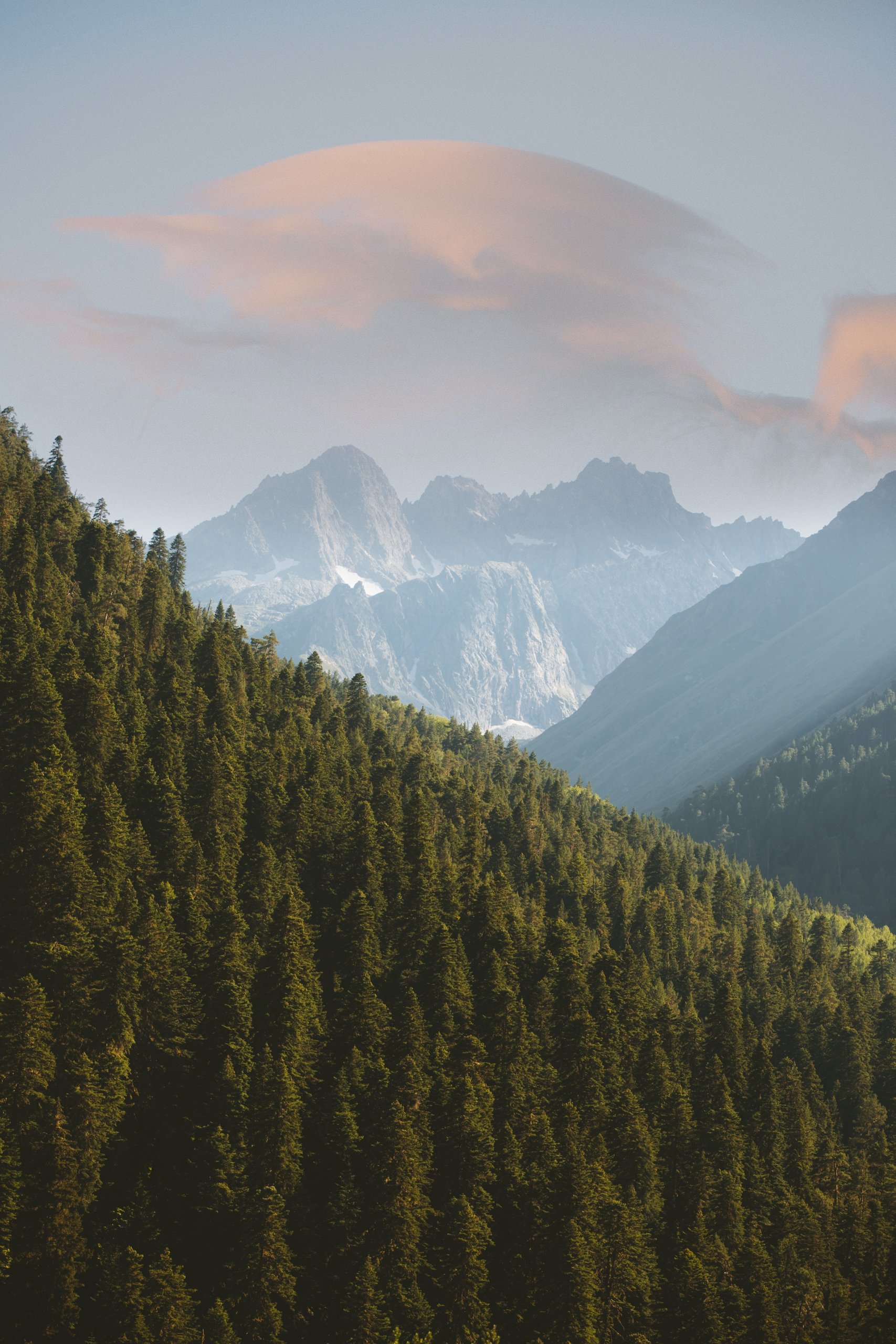- Travel
5 Tips for Traveling
at High Altitude
- May 2, 2022
We love everything about mountain towns: the crisp, pine-scented air, the stomach-lurching, yet awe-inspiring heights, the stargazing that ensues once nighttime sinks in, and, of course, the outdoor adventures to be had.
What we don’t love are the side effects of venturing to such heights. There are three types of altitude sickness: Acute Mountain Sickness (AMS), High-Altitude Cerebral Edema (HACE), and High-Altitude Pulmonary Edema (HAPE). All of these illnesses vary in severity and symptoms, with HACE being the most severe and potentially life-threatening, and AMS being the least severe and most common.
The good news? We can avoid the symptoms of high elevation with a few precautions. Here are a few of our go-to strategies to avoid altitude sickness in our favorite mountain towns:
1. Patience is a virtue.
Give your body time to acclimate. It can take from three to five days to adjust to the altitude. For those coming from sea level destinations, it’s best not to ascend more than 5,000 feet in elevation on your first day. Once you reach 8,000 feet, don’t ascend more than 1,000 feet per day. Additionally, your blood oxygen levels are lowest when you sleep, so try to sleep at lower elevations than you’re encountering during the day.
2. Water, water, water.
Your drink of choice throughout your stay? Good, old-fashioned water. This might be the most important rule of high altitude travel. Dehydration slows down your body’s acclimatization and can quickly cause you to feel the effects of altitude sickness. One week before your trip, drink between 60 and 100 ounces of water a day and minimize your caffeine intake. Yes, you’ll be frequenting the bathroom a lot more; but would you rather be in the bathroom, or violently ill in bed for the remainder of your trip?
3. Sadly, alcohol doesn't sub for water.
This can be tough. You’re on vacation, you’re with family, and you’re surrounded by epic mountain views. But before you order another bottle of Veuve, think before you drink, please. Drinking causes less oxygen to the brain in an already low-oxygen environment. Not only are you dehydrating yourself (hence, slowing down your body acclimating), your friends will think you drank a bottle of Veuve versus just a glass. Let’s keep it classy.

4. One more reason not to go to the gym.
While we admire your dedication, keep the exercise at a minimum for at least the first couple of days. Your body’s decreasing ability to take in oxygen can lower your performance level, even for those who exercise regularly. Our advice, take it slow, and simply enjoy being on vacation.
5. Learn to love breakfast.
I’m not sure all of us need convincing, but embrace the mornings with a hearty breakfast. If you’re not used to enjoying breakfast on a regular basis, high altitude will change that. Have your heaviest meal in the morning, then slowly decrease your meal sizes throughout the day. Dinner should be your smallest meal. Think small plates and appetizers. You’ll have more energy throughout the day and get a much better night’s rest.
